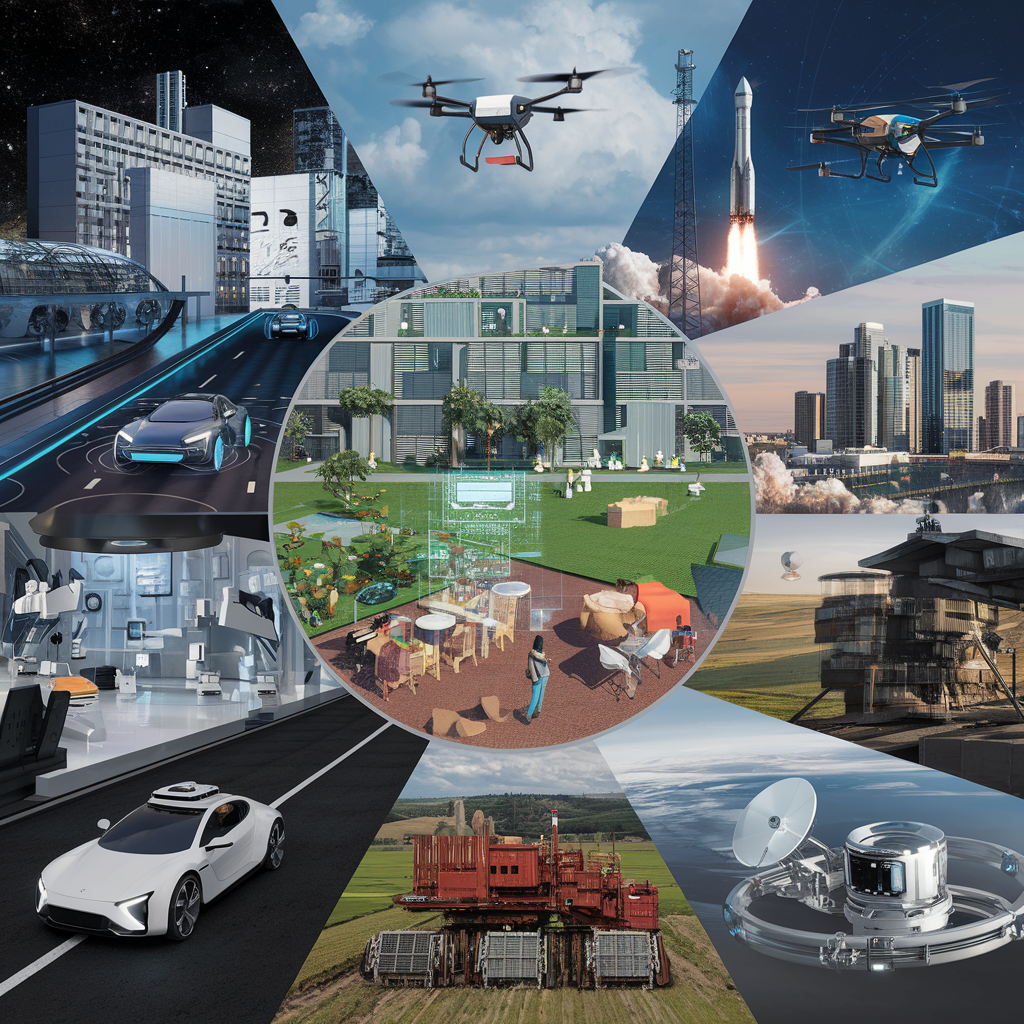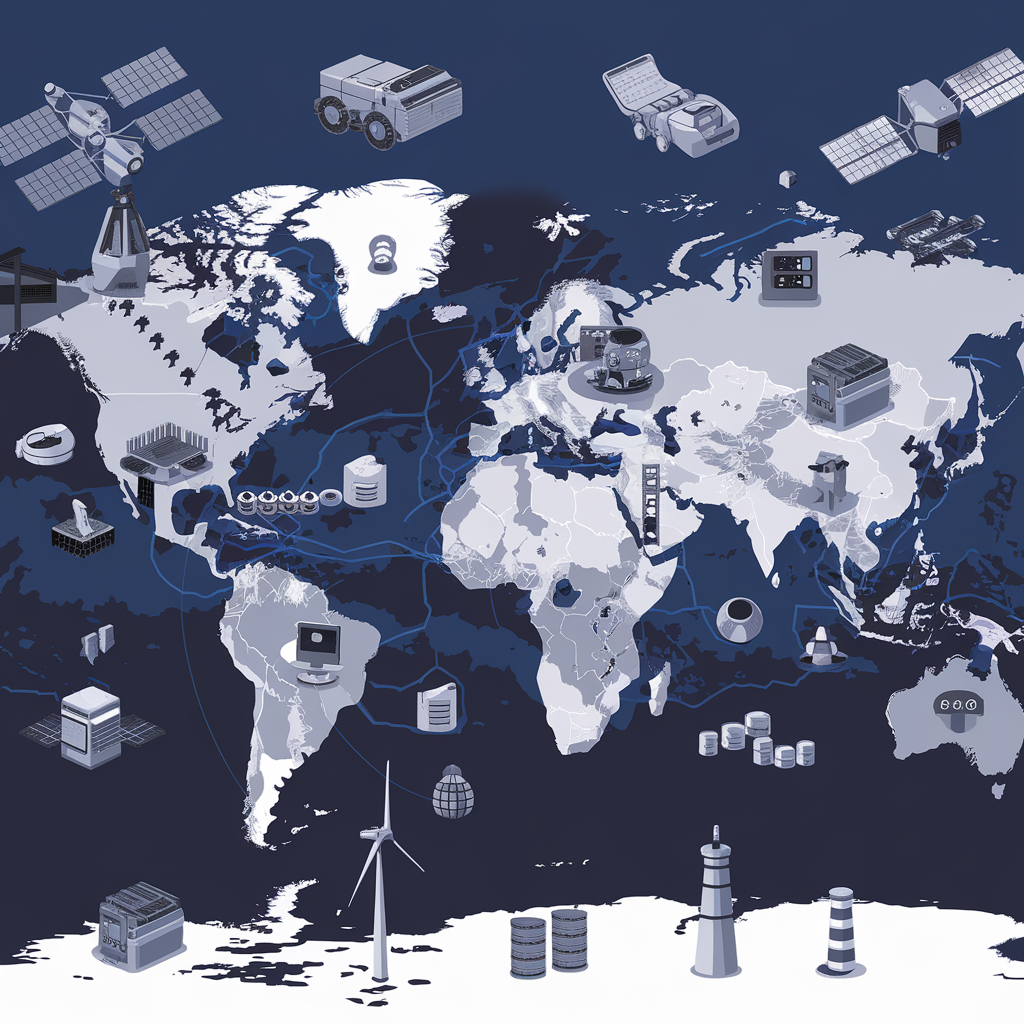Technology has rapidly evolved over the past few decades, significantly impacting various aspects of human life. The spread of technology across the globe has transformed industries, economies, and societies. From the rise of the internet to advancements in artificial intelligence, technology continues to break barriers, connecting people and businesses worldwide.

The Role of the Internet
One of the most crucial factors in the global spread of technology is the internet. The internet has enabled seamless communication, knowledge sharing, and global collaboration. With the rise of social media platforms, video conferencing tools, and e-commerce websites, individuals and businesses can interact regardless of geographical boundaries. Developing countries are also benefiting from internet connectivity, providing opportunities for education, remote work, and business expansion.
Mobile Technology and Connectivity
The proliferation of smartphones and mobile networks has played a significant role in technology’s global reach. Mobile technology has provided access to banking services, healthcare solutions, and educational resources, even in remote areas. Innovations such as 5G networks continue to improve connectivity, ensuring faster communication and efficient data sharing worldwide.
Artificial Intelligence and Automation
Artificial intelligence (AI) and automation have reshaped industries globally, enhancing productivity and efficiency. AI-powered tools are being used in healthcare, finance, manufacturing, and various other sectors. With AI-driven applications, businesses can analyze vast amounts of data, improve customer experiences, and optimize operations. While concerns about job displacement arise, AI is also creating new job opportunities in emerging tech fields.
Technology in Education and Healthcare
The global spread of technology has revolutionized education and healthcare. Online learning platforms provide access to high-quality education regardless of location, enabling students worldwide to gain valuable knowledge. In healthcare, technological advancements such as telemedicine, wearable devices, and AI-driven diagnostics have improved patient care and disease management, making healthcare more accessible and efficient.
Challenges and Ethical Considerations
Despite its benefits, the global expansion of technology presents challenges, including cybersecurity threats, digital divides, and ethical concerns. Ensuring data privacy and security is critical as more personal and business information is shared online. Additionally, while technology has connected many, disparities in access remain, particularly in underdeveloped regions. Bridging this digital divide is essential for equitable global progress.

Conclusion
Technology continues to expand and shape the world, offering countless opportunities for growth and innovation. The rapid dissemination of digital tools, internet connectivity, and AI-driven solutions has revolutionized industries and improved global communication. However, addressing challenges such as digital accessibility and cybersecurity will be vital in ensuring that technology benefits all of humanity. As technology evolves, its global reach will undoubtedly continue to drive progress and connectivity across the world.